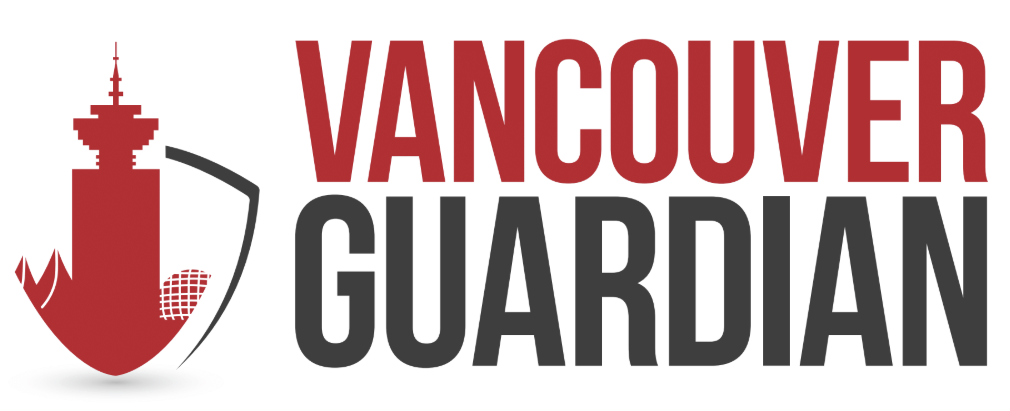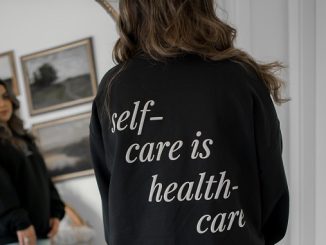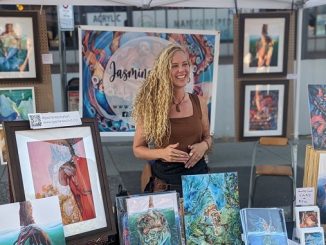Valentina Pinzon is the proud owner and co-founder of IndiArts Collective. Nestled in the heart of Vancouver, IndiArts operates on a profound commitment to promoting and preserving the rich heritage of South American indigenous artisans. The social enterprise is more than just a business; it’s a mission-driven journey to deliver exceptional, handcrafted products that not only encapsulate the spirit and tradition of their makers but also cater to the aesthetic and ethical demands of the North American market.
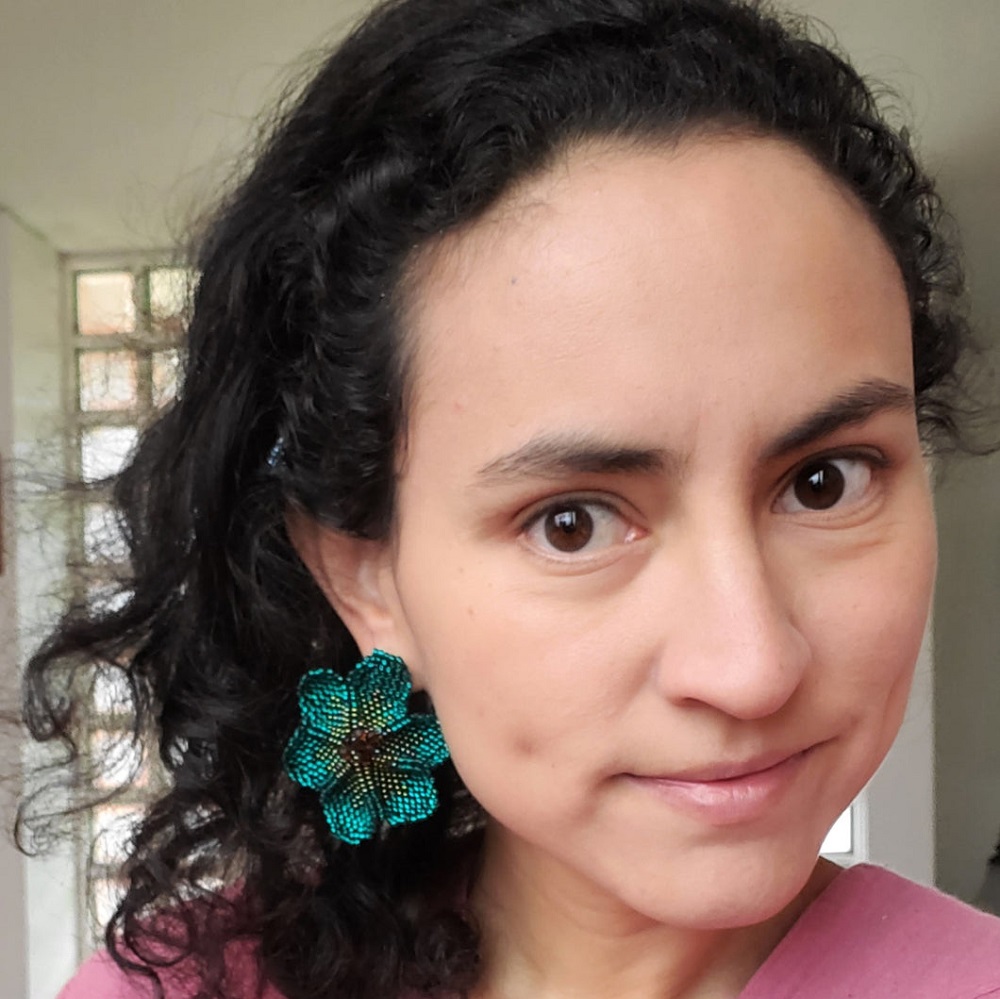
What is your business called and what does it do?
We are IndiArts Collective, a mission-based social enterprise based in Vancouver. We offer unique, quality handcrafted products that support and share the talent and work of South American Indigenous artisans while spreading awareness of each product’s history and significance. We co-design the products with our makers to offer unique products that meet the demands of the North American market.
We thrive by supporting artisan communities in Latin America to preserve their indigenous and traditional cultures. Traditions that get passed on from generation to generation and that rely on the artisanal industry to continue to succeed.
What made you want to do this work?
I’ve always appreciated indigenous culture and tradition so I started this brand to honor indigenous communities. By collaborating with indigenous artisans from South America who create quality and authentic products I am able to connect to my own roots and to give recognition and support traditional culture passed on and resembled in our handcrafted products and sacred edibles.
What problem did you want to solve with the business?
Help people to slow down, find time to make an introspection of their lifestyle and pace of life and connect with ancestral traditions and teachings.
Contribute to solving big problems (disparity around the world, fast fashion, neglect of marginalized artisans in Latin America)
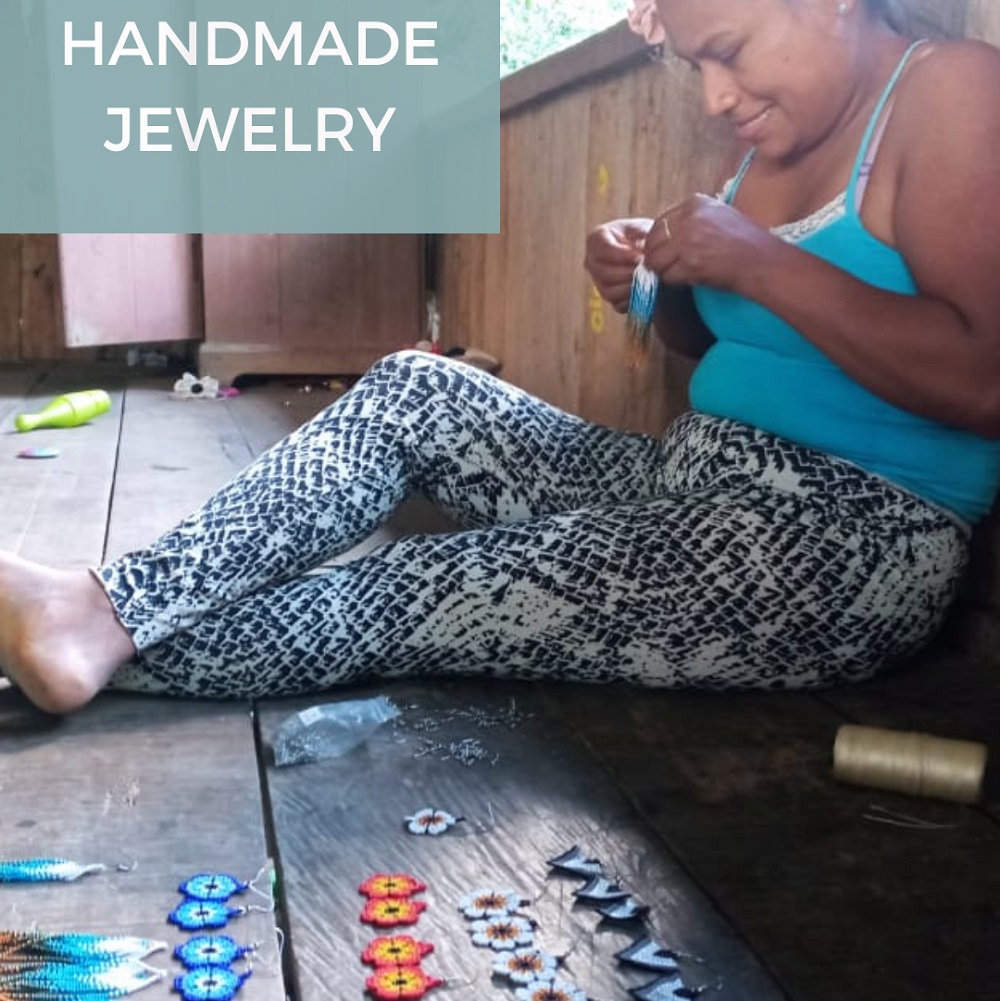
Who are your clientele/demographics?
People who appreciate good quality and meaningful products. They usually like one-of-a-kind items and appreciate indigenous made and are motivated to support these disadvantaged artisans.
How does your business make money? How does it work?
By selling our products online, in person and wholesale at shops.
Where in the city can we find your profession?
What is the best question a prospective customer could ask a member of your profession when comparing services? Give the answer as well.
How is your product following fair trade standards?
We make sure to know well our suppliers and we function at a Fair-Trade standard (follow most of the 10 Fair Trade principles) which guarantees that artisans, producers, and all others involved in creating, distributing, and selling our products are treated fairly and with respect. The product creators are given credit for their work and are paid their asking price as we recognize their time and work worth while creating sustainable and positive trade relationships in the process.
What is the best part about what you do? What is the worst part?
Best part: knowing the great impact we have in the communities we work with. Happy clients that are stocked to be exposed to our sacred products.
Worst part: Business is not consistent and fluctuates, making it difficult to live from it.
What is your favourite joke about your own profession?
This is a labour or love. Hardly anyone selling fair trade goods, get “fair” compensation.
Where can we follow you?
Website | Instagram | Facebook
PAY IT FORWARD: What is another local business that you love?
